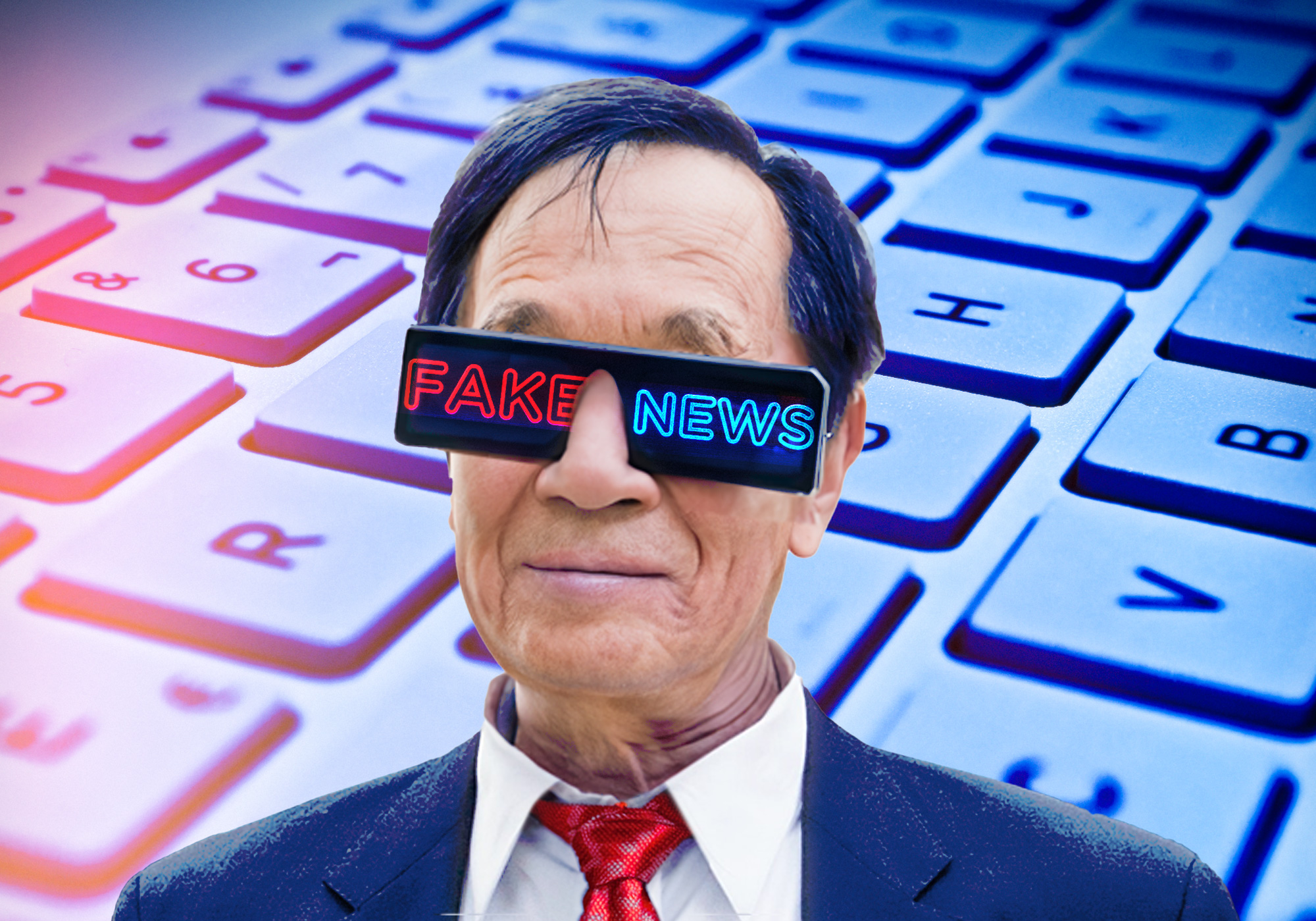Issue:
June 2023 | Press freedom Index
In its latest press freedom index, Reporters Without Borders highlights threat posed by fake news

Agree or disagree with its rankings, the latest World Press Freedom Index makes for sober reading. Leave aside the perennial winners (the Scandinavian countries, led by Norway in first place for the 7th straight year), surprises (my native Ireland, once plagued by quasi-wartime censorship, in 2nd place) and the usual media black holes (North Korea, last again), the index warns that authoritarianism, weaponized propaganda and technology is tearing through the world’s media.
“This instability is the result of increased aggressiveness on the part of the authorities in many countries and growing animosity towards journalists on social media and in the physical world,” says Christophe Deloire, Secretary-General of Reporters Without Borders (RSF) in the 2023 report’s preamble. “The volatility is also the consequence of growth in the fake content industry, which produces and distributes disinformation and provides the tools for manufacturing it.”
Most worrying for journalists in this part of the world, Asian nations occupy the last three places on the Index: China (179), the world’s biggest jailer of reporters, has extended its campaign of repression against independent journalists and bloggers, harassing, arresting and in some cases torturing any who challenge the official line. Journalists renewing their press cards must download an app encouraging them to study the thoughts of Xi Jinping, notes RSF.
Then there is Vietnam (178), where 42 journalists rot in prison for doing their jobs, says the report. Some have been scooped up by police while covering corruption or environmental issues, then convicted on legally flimsy charges such as “abusing democratic freedoms”. Among them were the founders of a Facebook-based outlet called Clean Newspaper, which had over 100,000 followers. The Facebook page has been deactivated and the journalists imprisoned, according to the Committee to Protect Journalists.
https://cpj.org/2021/04/vietnamese-police-arrest-3-more-journalists-in-probe-of-clean-newspaper/
Hostility to press freedom has long been a hallmark of Stalinist regimes, where the media is seen as an instrument of the state. But there isn’t much room for complacency in the capitalist world, either. The free flow of information in many countries is being “dangerously restricted” by media oligarchs who maintain close ties with political leaders, says the report. “This is particularly the case in “hybrid” regimes such as India (161st), where all the mainstream media are now owned by wealthy businessmen close to Prime Minister Narendra Modi.”
Arguably the most serious looming threat, however, is the fake content industry. In no fewer than 118 countries, respondents to the survey cited “massive and systematic” disinformation or propaganda campaigns by political actors. “The difference is being blurred between true and false, real and artificial, facts and artifices, jeopardising the right to information,” says the report. “The unprecedented ability to tamper with content is being used to undermine those who embody quality journalism and weaken journalism itself.”
Artificial intelligence is flooding social media with increasingly plausible fake images and stories, “including quite realistic-looking ones of Donald Trump being stopped by police officers and a comatose Julian Assange in a straitjacket, which went viral”. Though his impact on press freedom may have been exaggerated (his “liberal” predecessors also attacked the media) Trump has come to embody the creative destruction wrought by social media: millions of his followers reject the fact-based narrative of the mainstream media for the online-based fantasy that he won the 2020 presidential election.
All of which makes Japan – inching up to 68th place – a relative bastion of press freedom. Yet, as William Horsley, a consultant with RSF and international director of the Centre for Freedom of the Media, University of Sheffield, notes, there is not much room for complacency there either. “Impunity for the powerful is a way of life in Japan,” he says, citing the recent cases of political connections enjoyed by the Unification Church and serial sexual abuse by pop Svengali Johnny Kitagawa, both stories soft-peddled for years in the media.
Still, watchdog journalism survives in Japan. Once the story broke following the assassination of ex-prime minister Shinzo Abe, the Mainichi Shimbun dug deep into attempts by the church to build ties with Japanese politicians, particularly on the right, which was dominated by the Abe faction. That reporting won the newspaper this year’s journalism grand prize, sponsored by the Japan Federation of Newspaper Workers' Unions.
As the Number 1 Shimbun reported last month, the weekly press, led by Shukan Bunshun, has also consistently challenged the media omerta that shielded Kitagawa from scrutiny, despite decades of credible claims about his pedophilia. That (and a BBC documentary) helped reignite interest in the story in May and forced Johnny & Associates, the company Kitagawa founded, into making an unprecedented, if timorous, apology.
RSF ruefully notes, however, the legacy of the Abe years. “Since 2012 and the rise to power of the nationalist right, many journalists have complained about a climate of mistrust, even hostility, toward them.” Although Prime Minister Fumio Kishida is not as ideologically driven as Abe, he shows no sign of being a friend of the media. Like his predecessors, he has declined to amend Abe’s designated secrets law, which potentially punishes whistleblowers with up to 10 years in prison, says RSF.
Moreover, the report warns, “vaguely worded regulations, enacted in 2021 and first applied in 2023, restrict public (including journalists) access to 58 areas near defence facilities and infrastructure deemed of “national security interest”, such as the Fukushima power plant, under penalty of two years in prison and/or a fine of up to ¥2 million”.
That is proof, says Horsley, that journalists must worry not just about the chilling effect of bad laws, but also about “accepting bad laws”.
David McNeill is professor of communications and English at University of the Sacred Heart in Tokyo, and co-chair of the FCCJ’s Professional Activities Committee. He was previously a correspondent for the Independent, the Economist and the Chronicle of Higher Education.

